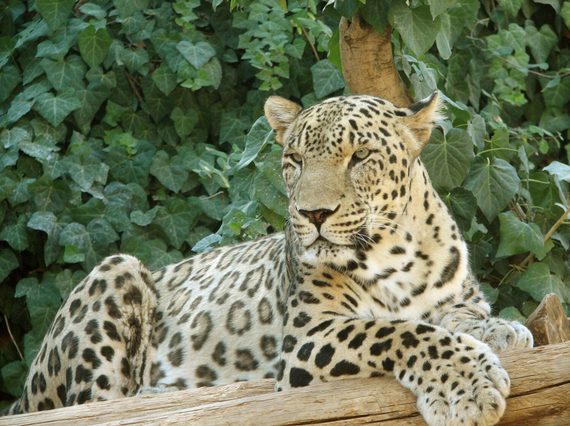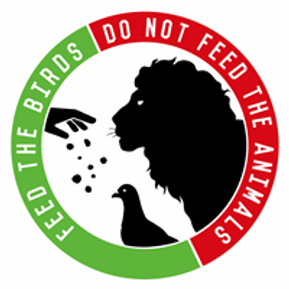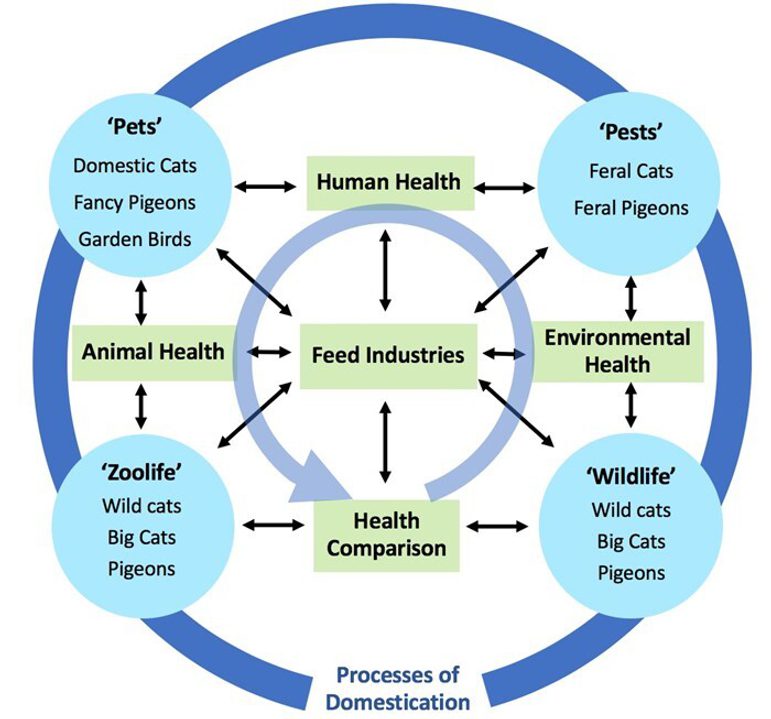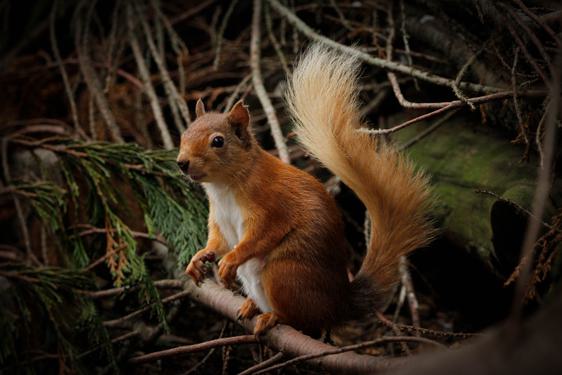
From Feed the Birds to Do Not Feed the Animals
This collaborative project looks at the roots of animal feeding, to establish the benefits and risk to humans, animals and the environment.
Last updated: 12 March 2025
About the project
This UK-wide collaboration takes a deep-time, cross-cultural perspective on the roots of animal feeding, to establish the benefits and risk to humans, animals, and the environment. This project is funded by the Wellcome Trust and brings together the universities of Exeter, Roehampton, and Reading alongside National Museums Scotland, with expertise in zoology, zooarchaeology, geochemistry, anthropology and social sciences.
Signs stating ‘Do not feed the animals’ are commonly seen in zoos, national parks and urban spaces. Their purpose is to deter uncontrolled feeding by people, which can affect animal health, alter wild animal behaviour and create public hygiene and nuisance issues. However, humans appear to have a deep-seated proclivity to feed animals, which can be traced back over millennia.

- Project title
From ‘Feed the Birds’ to ‘Do Not Feed the Animals’
- Project active
2020 - 2024
- Research theme
Sustainability
- Website
- Twitter/X
Contributors
Dr Andrew Kitchener - Principal Investigator - National Museums Scotland
Professor Naomi Sykes - University of Exeter
Dr Stuart Black - University of Reading
Professor Garry Marvin - University of Roehampton
Dr Angela Cassidy - University of Exeter
Publications
Cooper, D.M., Chidimuro, B., Black, S., Davis, O., Dobbs, P., Mortier, G.G., Sadebeck, F., Schwarz, T., Smallman, R., Sykes, N., Waterman, J., and Kitchener, A.C. 2025. An osteobiography of a celebrity chimpanzee reflects the changing roles of modern zoos. Scientific Reports 15: 7190. https://doi.org/10.1038/s41598-025-88597-x
Cooper, D.M., Yamaguchi, N., Macdonald, D.W., Patterson, B.D., Salkina, G.P., Yudin, V.G., Dugmore, A.J. and Kitchener, A.C. 2023. Getting to the Meat of It: The Effects of a Captive Diet upon the Skull Morphology of the Lion and Tiger. Animals 13 (23): 3616. https://doi.org/10.3390/ani13233616
Cooper D.M., Yamaguchi N., Macdonald D.W., Nanova O.G., Yudin V.G., Dugmore A.J., Kitchener A.C. 2022. Phenotypic plasticity determines differences between the skulls of tigers from mainland Asia. Royal Society Open Science 9: 220697. https://doi.org/10.1098/rsos.220697
By focussing on cats, foxes, birds and zoo animals, this project examines the categories that we assign to animals as pets, pests, zoolife and wildlife, and how they are considered in relation to animal feeding, and human-animal-environmental health. In particular, we will explore whether the hypothesis that animal domestication was driven by a human penchant for animal feeding, and that this process is not just continuing but accelerating.

The research takes a long view, tracing these processes in Britain from ancient to modern times. In addition, the project has adopted an ‘engaged research’ approach so that multiple stakeholders will participate at all stages of the process to co-create the research questions and outcomes.
Project contact
Dr Andrew Kitchener
Partners
Supported by
Natural Sciences news and stories
- Discover
10 species spotted on the grounds of the National Museums Collection Centre
Across our sites, we're working to support the local biodiversity. Here’s a look at just a few of the species that can newly be found at the National Museums Collections centre. - Discover

Scotland's native wildlife
Scotland is home to a wide variety of wildlife. Among the most recognisable species are red deer, which are monarchs of the glen, standing proud and majestic against the skyline.Scotland is home to over 90,000 species. The land, seas, and… - Discover

Meet ‘Lizzie’, a 345 million year old fossil
In the 1980s, a very important fossil was discovered in Scotland. Named Westlothiana, the fossil got its nickname 'Lizzie' because it looked so lizard-like. But don't let the name fool you. It was thought to be the oldest known reptile,…




